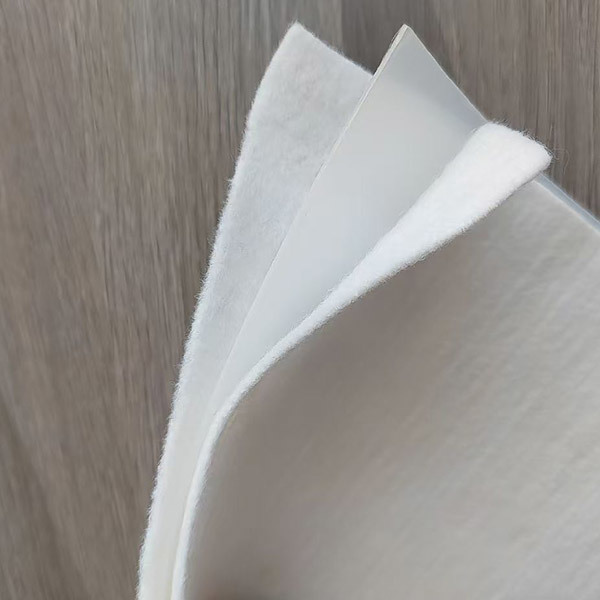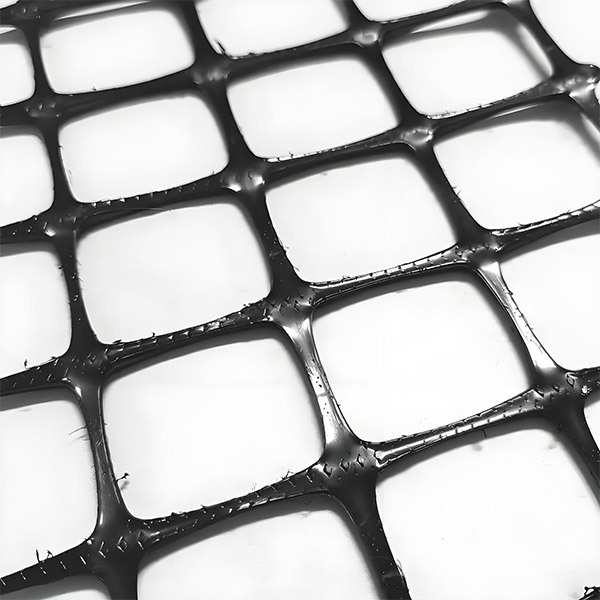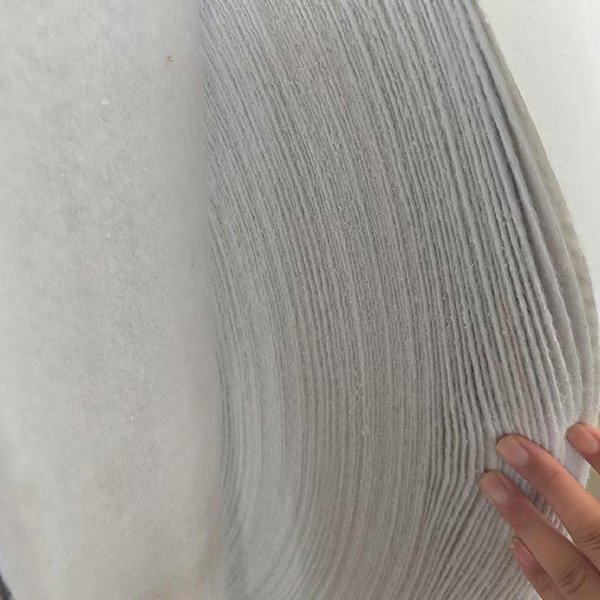Understanding Terpal HDPE Geomembrane: A Key Component in Construction and Groundwork
Time:
Sep 15,2025
Terpal HDPE geomembrane is a highly versatile and durable material widely utilized in the construction and engineering sectors, particularly in groundwork and soil stabilization projects. Made from high-density polyethylene (HDPE), this geomembrane stands out for its exceptional resistance to environmental stressors, making it ideal for various applications, including landfill liners, water contai
Terpal HDPE geomembrane is a highly versatile and durable material widely utilized in the construction and engineering sectors, particularly in groundwork and soil stabilization projects. Made from high-density polyethylene (HDPE), this geomembrane stands out for its exceptional resistance to environmental stressors, making it ideal for various applications, including landfill liners, water containment systems, and agricultural uses.
One of the primary benefits of terpal HDPE geomembrane is its remarkable impermeability. This property is critical in preventing the migration of liquids and contaminants through soil layers, thereby protecting groundwater and surface water resources. Its low permeability ensures that stored liquids remain contained, which is essential for projects involving hazardous materials or water retention.
In addition to its impermeability, terpal HDPE geomembrane is known for its resistance to UV radiation, chemicals, and extreme temperatures. This makes it suitable for long-term outdoor applications where exposure to harsh environmental conditions is a concern. The high tensile strength of HDPE also contributes to the geomembrane’s durability, allowing it to withstand mechanical stresses during installation and throughout its operational life.
The installation process of terpal HDPE geomembrane is relatively straightforward, often involving methods such as welding or adhesive bonding. Proper installation is crucial to ensure a secure and reliable barrier, preventing leakage and maximizing the geomembrane's lifespan. It is essential for contractors and engineers to adhere to industry best practices during installation to mitigate risks associated with improper handling or installation.
Moreover, terpal HDPE geomembrane is recognized for its eco-friendliness. As a recyclable material, it aligns with sustainable construction practices and reduces the environmental impact of construction projects. The use of this geomembrane can contribute to LEED certification and other sustainability frameworks that prioritize environmentally responsible building materials.
In summary, terpal HDPE geomembrane is an indispensable component in modern construction, offering durability, impermeability, and versatility. Its applications range from waste containment to water management, positioning it as a key material for contractors aiming to enhance operational efficiency while minimizing environmental risks. Understanding the technical specifications and advantages of this geomembrane will empower industry professionals to make informed decisions, ensuring the success of their projects. For any construction project requiring effective barrier solutions, terpal HDPE geomembrane should be a top consideration.
One of the primary benefits of terpal HDPE geomembrane is its remarkable impermeability. This property is critical in preventing the migration of liquids and contaminants through soil layers, thereby protecting groundwater and surface water resources. Its low permeability ensures that stored liquids remain contained, which is essential for projects involving hazardous materials or water retention.
In addition to its impermeability, terpal HDPE geomembrane is known for its resistance to UV radiation, chemicals, and extreme temperatures. This makes it suitable for long-term outdoor applications where exposure to harsh environmental conditions is a concern. The high tensile strength of HDPE also contributes to the geomembrane’s durability, allowing it to withstand mechanical stresses during installation and throughout its operational life.
The installation process of terpal HDPE geomembrane is relatively straightforward, often involving methods such as welding or adhesive bonding. Proper installation is crucial to ensure a secure and reliable barrier, preventing leakage and maximizing the geomembrane's lifespan. It is essential for contractors and engineers to adhere to industry best practices during installation to mitigate risks associated with improper handling or installation.
Moreover, terpal HDPE geomembrane is recognized for its eco-friendliness. As a recyclable material, it aligns with sustainable construction practices and reduces the environmental impact of construction projects. The use of this geomembrane can contribute to LEED certification and other sustainability frameworks that prioritize environmentally responsible building materials.
In summary, terpal HDPE geomembrane is an indispensable component in modern construction, offering durability, impermeability, and versatility. Its applications range from waste containment to water management, positioning it as a key material for contractors aiming to enhance operational efficiency while minimizing environmental risks. Understanding the technical specifications and advantages of this geomembrane will empower industry professionals to make informed decisions, ensuring the success of their projects. For any construction project requiring effective barrier solutions, terpal HDPE geomembrane should be a top consideration.





